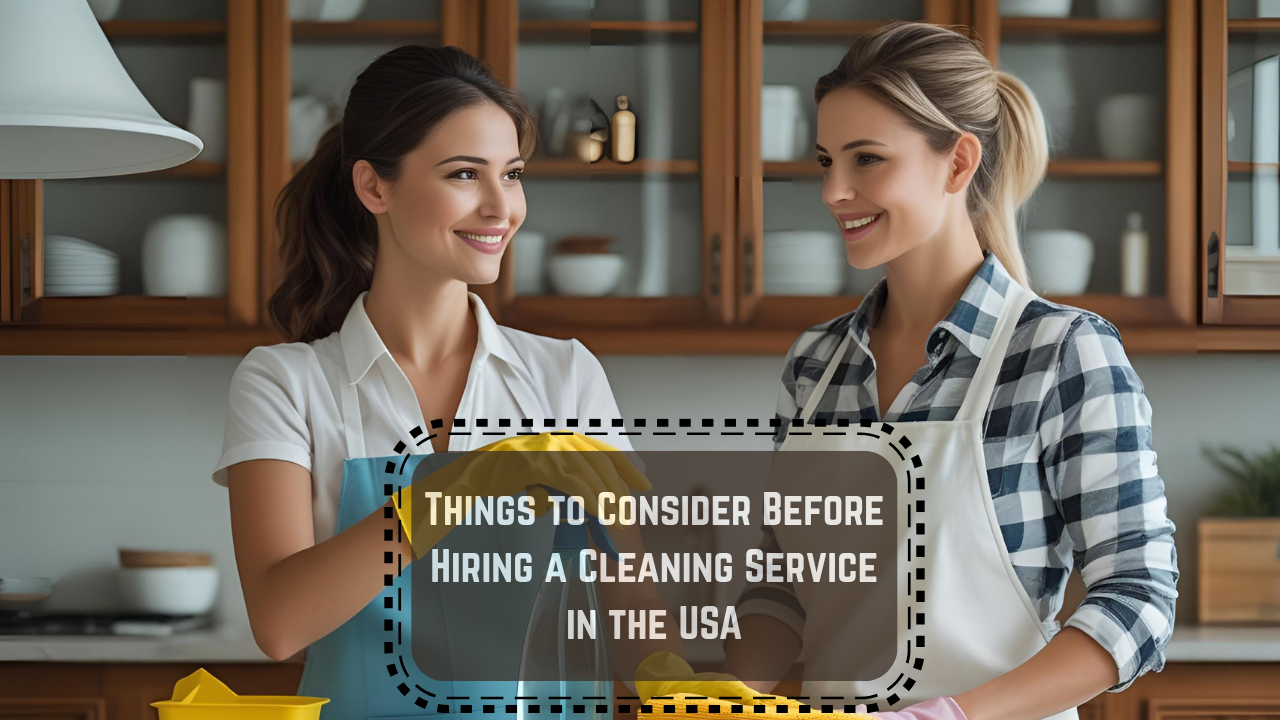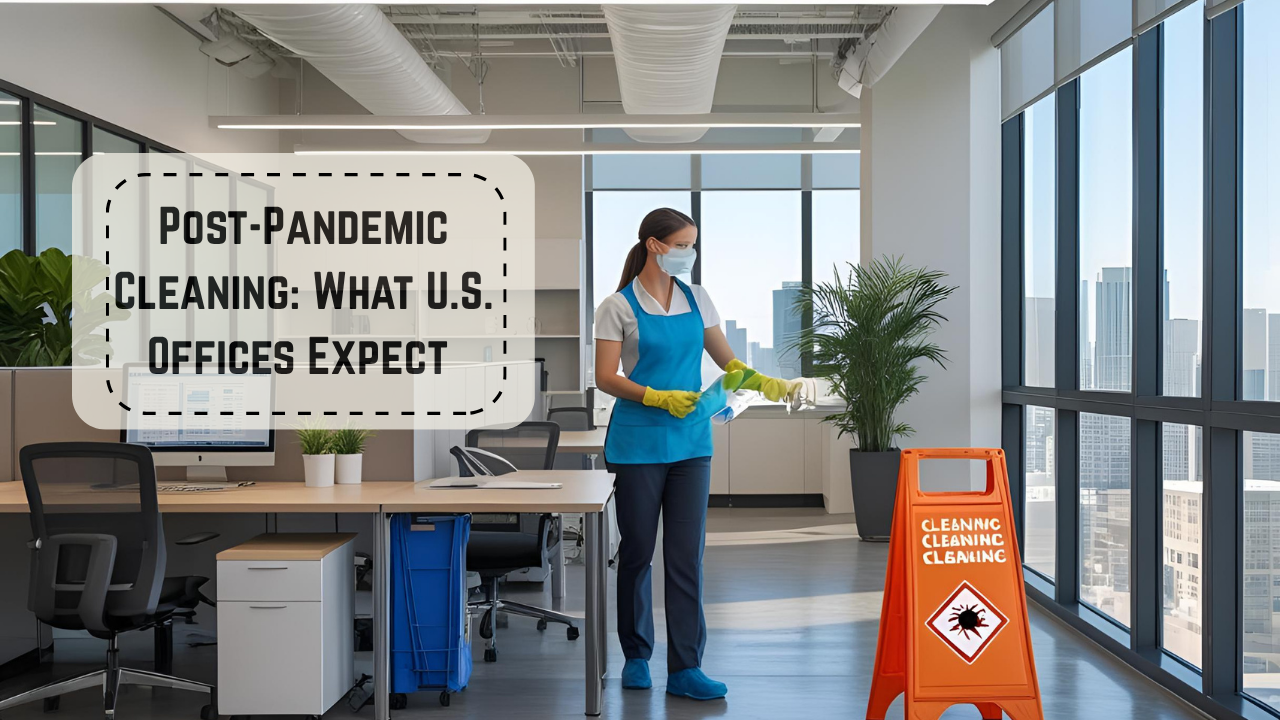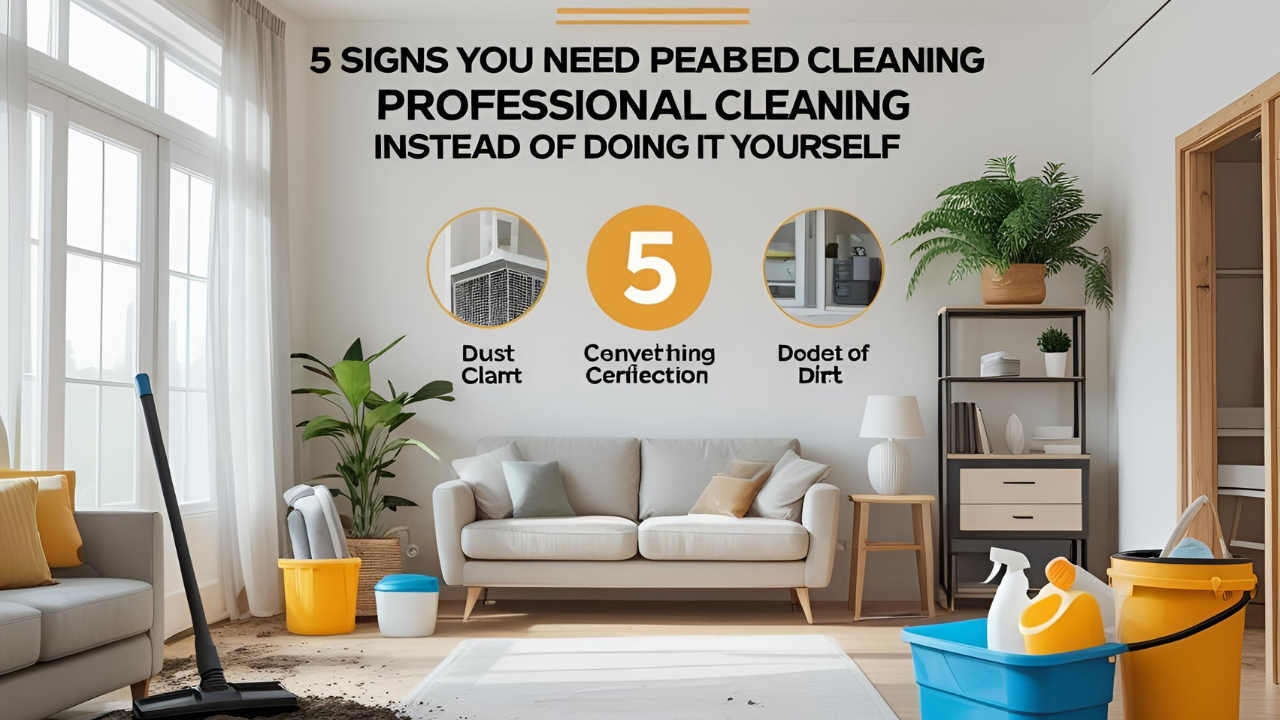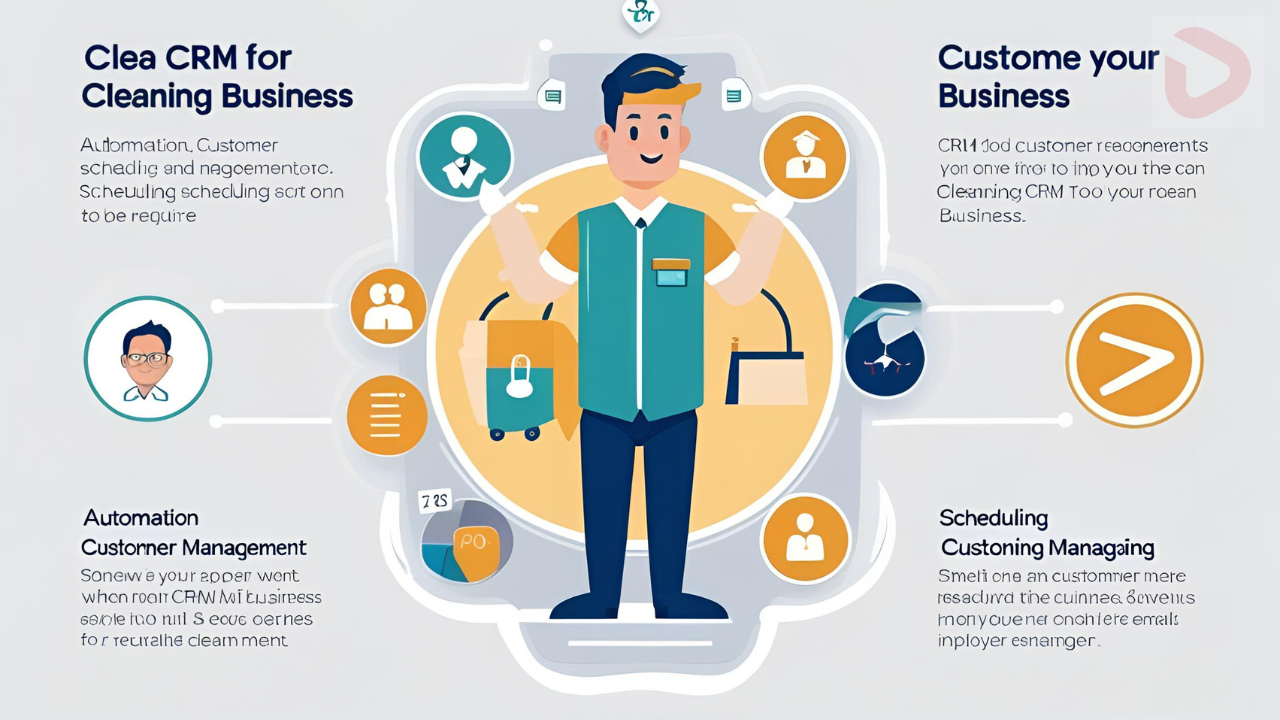When it comes to keeping a home spotless, many people find themselves torn between using DIY cleaning solutions and investing in professional-grade products. While both approaches have their pros and cons, the real question is: which one actually delivers better results? The answer isn’t entirely straightforward—it depends on the type of cleaning task, personal preferences, and specific household needs.
Many people often debate about DIY Cleaning vs. Professional Products.
Each option offers unique benefits, leading to the ongoing discussion of DIY Cleaning vs. Professional Products.
In the world of home maintenance, DIY Cleaning vs. Professional Products is a common theme.
Understanding the differences between DIY Cleaning vs. Professional Products can help you make informed choices for your home.
This raises the question of whether DIY Cleaning vs. Professional Products is the better choice for your cleaning needs.
Ultimately, the decision between DIY Cleaning vs. Professional Products depends on various factors.
Let’s explore how homemade cleaners stack up against commercial products and when each one might be the better choice.
Understanding DIY Cleaning Solutions
DIY cleaning products are typically made from ingredients commonly found in most households—such as baking soda, white vinegar, lemon juice, dish soap, and hydrogen peroxide. These natural items have been trusted for generations to clean, deodorize, and disinfect with minimal expense.
For example, a simple mixture of vinegar and water can be used to clean windows and mirrors without leaving streaks. Baking soda is excellent for scrubbing sinks, removing stains, and neutralizing odors. Lemon juice can cut through grease and leave a fresh scent.
These homemade solutions are attractive to those who want to avoid harsh chemicals, reduce costs, or take a more eco-friendly approach to cleaning.
Benefits of DIY Cleaners
- Cost-effective: The ingredients are inexpensive and often already available at home.
- Non-toxic: Great for families with kids, pets, or individuals with sensitivities to strong chemicals.
- Environmentally friendly: DIY cleaners reduce plastic waste and eliminate the use of synthetic substances.
- Customizable: You can mix formulas based on your personal needs and preferences.
Limitations of DIY Cleaning Products
For challenging jobs, some may prefer the effectiveness of professional cleaning over DIY Cleaning vs. Professional Products.
While homemade cleaners can be effective for everyday maintenance, they may not always be strong enough for more intensive tasks. They typically lack the concentrated ingredients found in commercial products, which are often required for deep cleaning, heavy stains, or bacteria-prone surfaces.
For example, vinegar may not disinfect surfaces as effectively as a commercial-grade antibacterial solution. Similarly, baking soda may not eliminate mold or mildew as completely as specialized cleaners.
When considering options, people often reflect on DIY Cleaning vs. Professional Products.
Ultimately, this brings us back to the debate of DIY Cleaning vs. Professional Products.
Exploring Professional Cleaning Products
Professional or store-bought cleaning products are formulated with targeted ingredients designed to tackle specific issues—from mold and hard water stains to grease buildup and bacterial contamination. These cleaners are tested for performance and are often backed by scientific studies or industry certifications.
This highlights the contrast of DIY Cleaning vs. Professional Products in the cleaning market.
Products like bleach-based disinfectants, enzyme cleaners, and multi-surface sprays can save time and deliver fast, powerful results. Many of them are created with convenience in mind—spray, wipe, and you’re done.
Advantages of Professional Cleaners
- High performance: Designed to work efficiently on tough grime, stains, and bacteria.
- Time-saving: Often clean faster and require less scrubbing.
- Specialized solutions: Tailored for glass, wood, tile, fabric, and more.
- Regulated and tested: Undergo quality control and meet safety standards when used properly.
Drawbacks of Commercial Products
Many often weigh the pros and cons of DIY Cleaning vs. Professional Products.
It’s essential to understand the differences in effectiveness when discussing DIY Cleaning vs. Professional Products.
Despite their effectiveness, professional cleaners have some downsides. They often contain strong chemicals that may cause skin irritation or respiratory issues. Some also carry environmental concerns, especially if not disposed of correctly.
Additionally, the cost can add up over time, especially when buying multiple products for different areas of the home. And for people sensitive to artificial scents or harsh fumes, these products might be uncomfortable to use.
Deciding between options often leads to the age-old dilemma of DIY Cleaning vs. Professional Products.
Which Works Better for Everyday Use?
The conversation inevitably circles back to DIY Cleaning vs. Professional Products.
For day-to-day cleaning and upkeep, DIY solutions are more than sufficient. Wiping down counters, freshening up bathrooms, and deodorizing carpets can be easily managed with homemade mixtures. They’re gentle, safe, and cost-efficient—perfect for regular maintenance.
However, when it comes to deep cleaning, sanitizing high-traffic areas, or tackling stubborn stains, commercial products generally perform better. This is especially true in kitchens and bathrooms, where germs tend to accumulate. Mold removal, grease-heavy surfaces, or hard water deposits usually require something stronger than vinegar and lemon juice.
Combining Both Approaches
In many households, the best strategy is a hybrid approach. Use natural DIY solutions for everyday cleaning and turn to commercial products for occasional deep cleans or specific problems.
For example:
- Use vinegar and water for daily mirror cleaning, but a professional glass cleaner for stubborn spots.
- Rely on baking soda to deodorize rugs, but use a carpet shampoo for stains or deep soil.
- Wipe down kitchen counters with a mild DIY spray, but use a disinfectant spray after handling raw meat.
Maintaining safety with both DIY Cleaning vs. Professional Products is crucial.
Safety Considerations
In summary, the choice between DIY Cleaning vs. Professional Products should align with your cleaning goals.
Ultimately, that’s the essence of DIY Cleaning vs. Professional Products.
Ultimately, both methods offer value in the ongoing debate of DIY Cleaning vs. Professional Products.
Finding the right balance in the discussion of DIY Cleaning vs. Professional Products is key.
Whether using DIY or professional products, always ensure safe usage. Never mix cleaning agents—especially bleach with ammonia or vinegar—as it can release toxic fumes. Store all products properly and keep them out of reach of children and pets.
Always follow label instructions on commercial cleaners, and test new products in small areas to avoid damaging surfaces.
Final Thoughts
Both DIY cleaners and professional products have their place in home cleaning routines. DIY solutions are ideal for those who want simple, non-toxic options for everyday tasks, while professional-grade products shine when power and precision are required.
The key is knowing when to use each one. With the right balance, you can enjoy a cleaner, safer home without over-relying on chemicals or overspending on products. It’s less about choosing one over the other—and more about using the strengths of both to your advantage.




